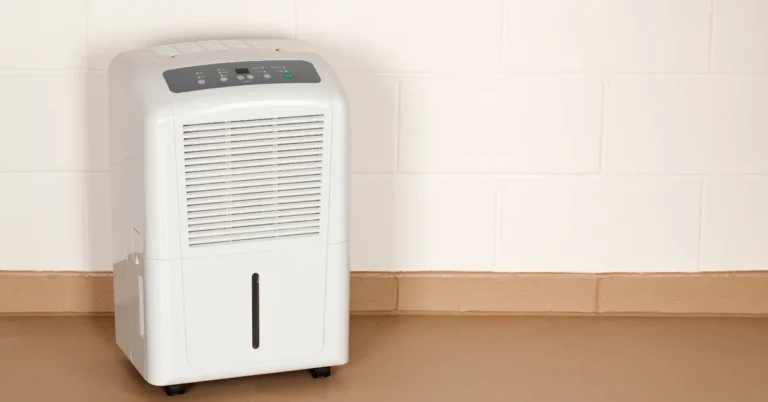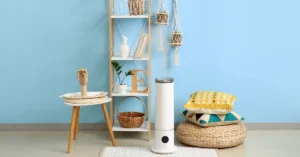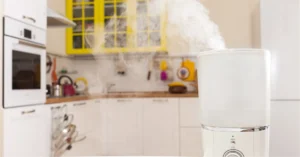Introduction
Ever wondered who’s behind the dehumidifier quietly working to keep your home dry and mold-free? If you’re shopping for a dehumidifier or simply curious about the brand behind it, you might be surprised to learn that Midea is a major player in this space. Known for manufacturing reliable and affordable home appliances, Midea produces dehumidifiers not only under its own name but also for several other well-known brands.
In this post, we’ll dive into who makes Midea dehumidifiers, how they stack up against other popular brands, and what you should know about safety recalls and refrigerants. Whether you’re looking for a new dehumidifier or wondering if your current unit is part of a recall, we’ve got you covered. Ready to learn more? Let’s get started!
Who Makes Midea Dehumidifiers?
When you hear the name Midea, you might not instantly think of dehumidifiers, but this global giant is one of the largest appliance manufacturers in the world. Based in China, Midea produces a wide range of home appliances, including air conditioners, refrigerators, and—you guessed it—dehumidifiers.
What’s interesting is that Midea doesn’t just sell products under its own brand. They also manufacture dehumidifiers for other well-known names like Pelonis and Vissani. If you’ve bought a dehumidifier from a major retailer, there’s a good chance Midea had a hand in making it.
Brands Associated with Midea
- Pelonis: Known for affordability and reliability, Pelonis dehumidifiers are made by Midea and often come at a competitive price without sacrificing performance.
- Vissani: Another brand under the Midea umbrella, Vissani dehumidifiers are often sold in major home improvement stores, offering similar quality and features to Midea’s in-house products.
Midea’s dehumidifiers are popular for their user-friendly designs, energy efficiency, and strong moisture-removal capabilities. They’re built to handle everything from small spaces to large basements, helping you control humidity and prevent issues like mold growth.
Do Dehumidifiers Have Freon or Refrigerant?
If you’ve ever wondered how a dehumidifier pulls moisture from the air, the answer lies in its refrigerant system. Just like air conditioners, dehumidifiers use a chemical refrigerant to cool coils and condense water from the air. But the big question many people ask is: Do dehumidifiers have Freon?
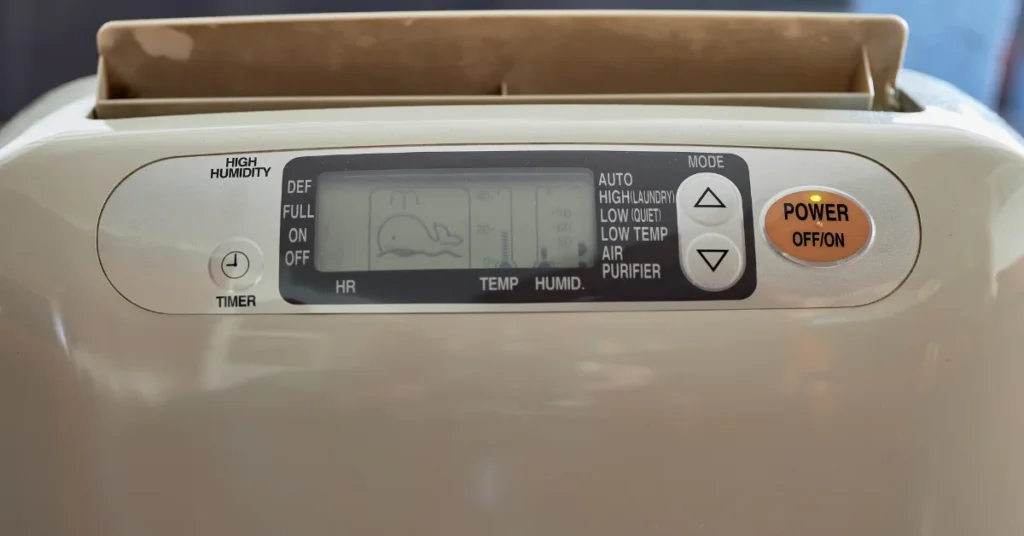
Freon vs. Modern Refrigerants
In the past, many dehumidifiers did use Freon, a type of refrigerant known as R-22. However, due to environmental concerns, Freon has been phased out in most appliances, including dehumidifiers. Today, manufacturers like Midea use eco-friendlier refrigerants like R-410A or R-32, which are much safer for the environment.
While these newer refrigerants still perform the essential job of cooling the air, they come with fewer environmental risks compared to Freon. So, if you’re buying a new dehumidifier, rest assured that it’s likely using one of these modern refrigerants.
Why is This Important?
Understanding whether a dehumidifier has Freon or another refrigerant is essential because older units containing Freon can be problematic if they leak. If you have an older model, you might want to consider upgrading, especially since repairing Freon-based systems can be costly and environmentally harmful.
Recalls and Safety Concerns
Safety is a top concern when it comes to home appliances, and dehumidifiers are no exception. Over the years, several brands have faced recalls due to potential fire hazards or malfunctions. So, if you’re using a dehumidifier, you might wonder if it’s part of any recalls or how to check for safety risks.
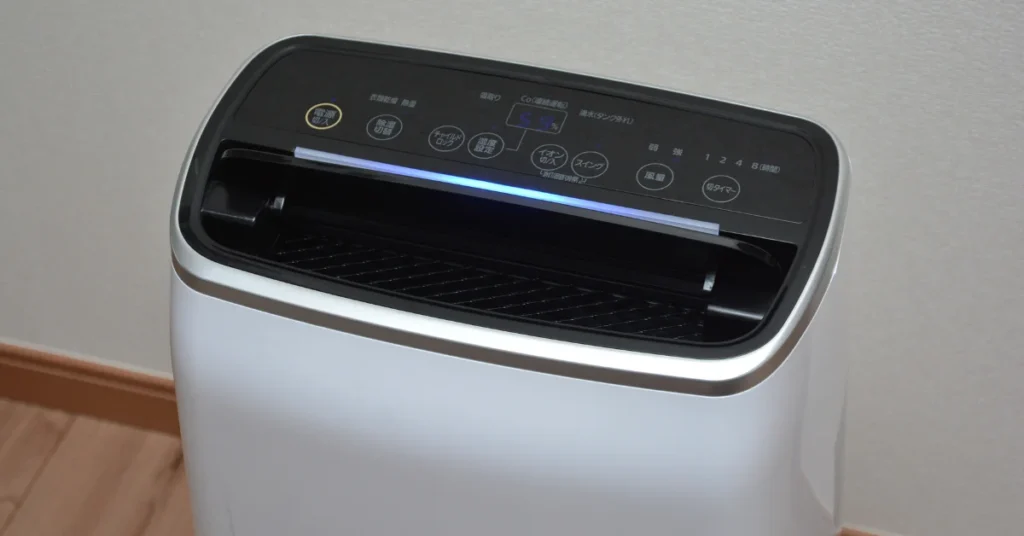
Are Hisense Dehumidifiers Being Recalled?
Yes, Hisense dehumidifiers have been part of significant recalls in the past due to fire risks. In fact, multiple models from Hisense were recalled because they posed overheating issues, which could lead to a fire. If you own a Hisense dehumidifier, it’s worth checking whether your model is included in these recalls.
What Dehumidifiers Are Being Recalled for Fire Risk?
It’s not just Hisense—other brands, including Frigidaire and Gree, have also faced recalls due to fire risks. These recalls affected millions of units worldwide. Brands like Frigidaire recalled several models because of the potential danger of overheating and catching fire.
To keep your home safe, always check for updates on recalled products, especially if you purchased your dehumidifier a few years ago. The U.S. Consumer Product Safety Commission (CPSC) maintains a list of recalled dehumidifiers that you can consult.
How to Find Out If My Dehumidifier is Recalled
If you’re unsure whether your dehumidifier is part of a recall, the process is relatively simple:
- Visit the CPSC website and search for dehumidifier recalls.
- Locate your unit’s model number and serial number (usually on the back or bottom of the unit).
- Cross-check this information with the recall list to see if your dehumidifier is affected.
If your unit is recalled, stop using it immediately and follow the manufacturer’s instructions for a refund or replacement.
Who Makes Other Popular Brands?
While Midea is a big name in the dehumidifier market, it’s important to know who manufactures other well-known brands. You might be using a dehumidifier from a brand like Frigidaire or AlorAir, and it’s helpful to understand who’s behind these devices.

Who Makes Frigidaire Dehumidifiers?
Frigidaire is a household name in appliances, but who actually makes their dehumidifiers? Frigidaire is owned by Electrolux, a Swedish multinational known for producing high-quality home appliances. Though Electrolux oversees the production, many Frigidaire dehumidifiers are made in China, often by third-party manufacturers. These units are praised for their performance, but as mentioned earlier, some models have been recalled in the past due to safety concerns.
Where Are Frigidaire Dehumidifiers Made?
Frigidaire dehumidifiers are typically manufactured in China, though the brand’s parent company, Electrolux, is headquartered in Sweden. Manufacturing in China helps keep production costs low, allowing Frigidaire to offer more affordable products while maintaining reliable performance.
Where Are AlorAir Dehumidifiers Made?
AlorAir, a brand known for its robust dehumidifiers used in basements and industrial settings, manufactures its units primarily in China. AlorAir specializes in higher-capacity models designed for heavy-duty moisture removal, making them a popular choice for flood restoration and large spaces.
These brands, like Midea, rely on international manufacturing to bring their products to market. Understanding where and how these products are made can give you peace of mind when choosing a reliable dehumidifier for your needs.
Troubleshooting and Maintenance Tips
A dehumidifier can be a lifesaver when it’s working correctly, but like any appliance, it may run into problems over time. One of the most common issues is a faulty compressor, which can prevent the dehumidifier from effectively removing moisture from the air. Let’s go over some key troubleshooting tips to help you keep your dehumidifier in top shape.
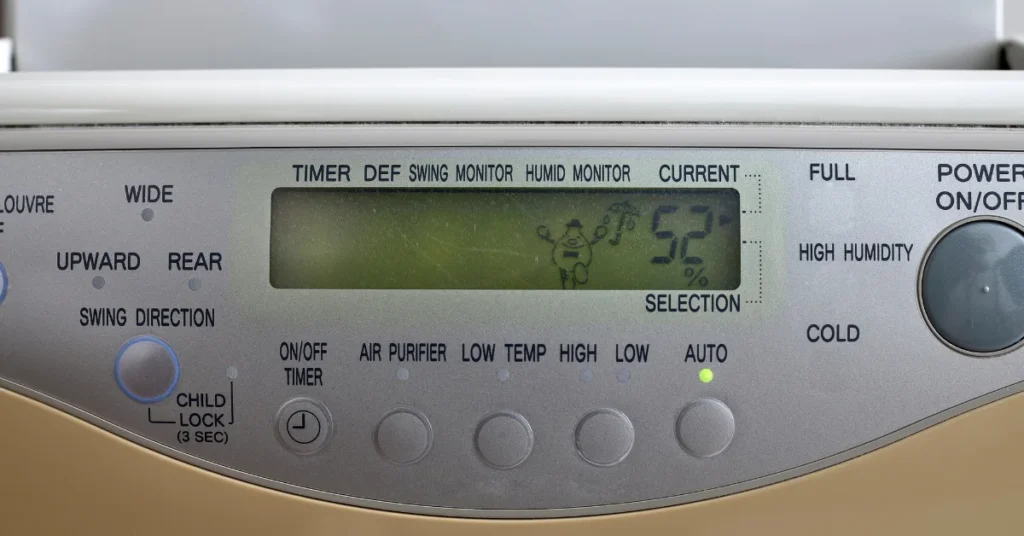
How to Check if My Dehumidifier Compressor is Bad
The compressor is the heart of your dehumidifier, and if it’s not working, the unit won’t be able to extract humidity properly. Here are some signs your compressor might be bad:
- No Cooling: If the air around the dehumidifier isn’t noticeably cooler, this could indicate a problem with the compressor.
- Loud Noises: Unusual rattling or clicking sounds often point to compressor issues.
- No Water Collected: If your dehumidifier runs but doesn’t collect any water, it’s likely the compressor isn’t functioning.
To test the compressor, follow these steps:
- Unplug the unit and allow it to sit for a few hours.
- Reconnect it and turn it on while listening closely for any abnormal sounds.
- If the problem persists, it may be time to call a professional or consider replacing the unit, especially if it’s an older model.
Common Maintenance Tips
To keep your dehumidifier running smoothly:
- Clean the filters regularly: Dirty filters can reduce airflow and put extra strain on the compressor.
- Check for refrigerant leaks: If your unit uses refrigerants, ensure there are no leaks, as this can lead to compressor failure.
- Empty the water tank: For units without continuous drainage, make sure to empty the water collection bucket frequently to avoid overflow.
By maintaining your dehumidifier, you can extend its lifespan and avoid expensive repairs down the line.
Where to Buy Dehumidifiers
When it comes to purchasing a dehumidifier, knowing where to look can help you find the best deals and models that fit your needs. Several major retailers carry a variety of brands, including Midea and its associated lines like Pelonis and Vissani. Let’s take a look at some popular places to shop.
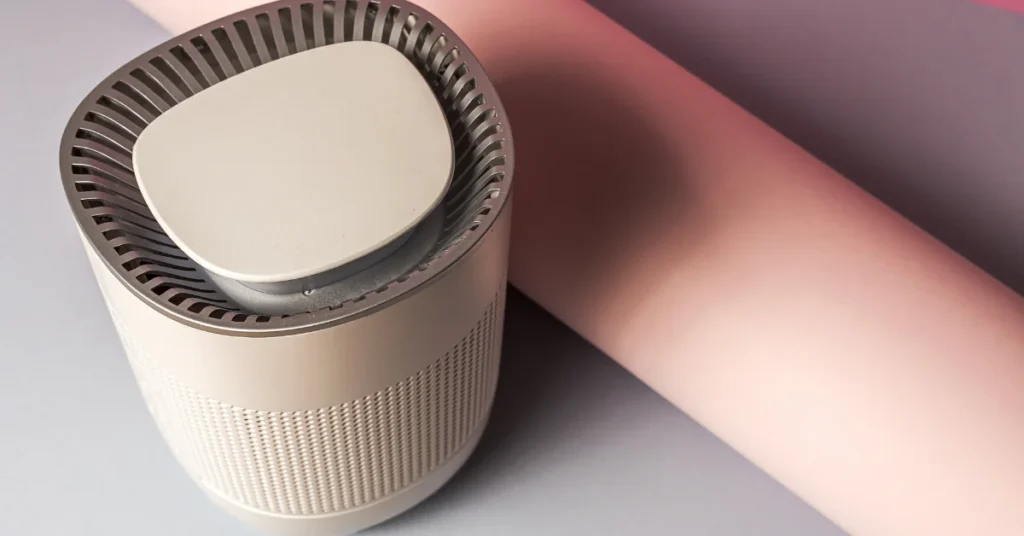
Does Menards Sell Dehumidifiers?
Yes, Menards, a home improvement retailer, offers a range of dehumidifiers. They carry different brands, including Midea and Vissani, as well as other popular options like Hisense and Frigidaire. Menards often features competitive prices and occasional sales, making it a good place to find a reliable dehumidifier for your home.
Does Walmart Sell Dehumidifiers?
Absolutely! Walmart stocks a wide selection of dehumidifiers, including models from Midea, Pelonis, and other leading brands. Whether you’re looking for a small, portable unit or a larger one for a basement, Walmart usually has a variety of choices at budget-friendly prices.
Does Ollie’s Sell Dehumidifiers?
Ollie’s Bargain Outlet is known for selling discounted appliances, and they occasionally offer dehumidifiers as well. While their selection isn’t as extensive as larger retailers like Menards or Walmart, you might find a good deal on Midea or other trusted brands if you check their inventory.
These retailers provide accessible options for purchasing a dehumidifier, whether you’re in need of a high-end model or something more budget-friendly.
Conclusion
Choosing the right dehumidifier is about more than just finding a unit that fits your space; it’s about selecting a reliable brand that ensures safety and performance. Midea, a leading global appliance manufacturer, not only produces dehumidifiers under its own name but also for other well-known brands like Pelonis and Vissani. Understanding who makes your dehumidifier and being aware of potential recalls or safety risks is key to keeping your home comfortable and safe.
We’ve covered everything from how dehumidifiers work with refrigerants, the safety concerns surrounding recalled units, and troubleshooting tips for common issues like faulty compressors. Whether you’re looking to purchase a new dehumidifier from retailers like Walmart or Menards, or simply checking the safety of the one you already own, you now know to make an informed decision. Stay safe and dry by ensuring your dehumidifier is up-to-date, well-maintained, and suited for your home’s humidity control needs. And don’t forget, keeping an eye on product recalls could save you from potential fire hazards!
Related posts:
- Air Purifier Vs Dehumidifier: Which is More Effective?
- Does a Dehumidifier Help with Heat? Understanding How It Affects Room Temperature
- When to Use a Humidifier vs. Dehumidifier: A Complete Guide for Your Home’s Air Quality
- How to Clean a Dehumidifier Filter: Step-by-Step Guide for GE, Frigidaire, and Hisense Models
